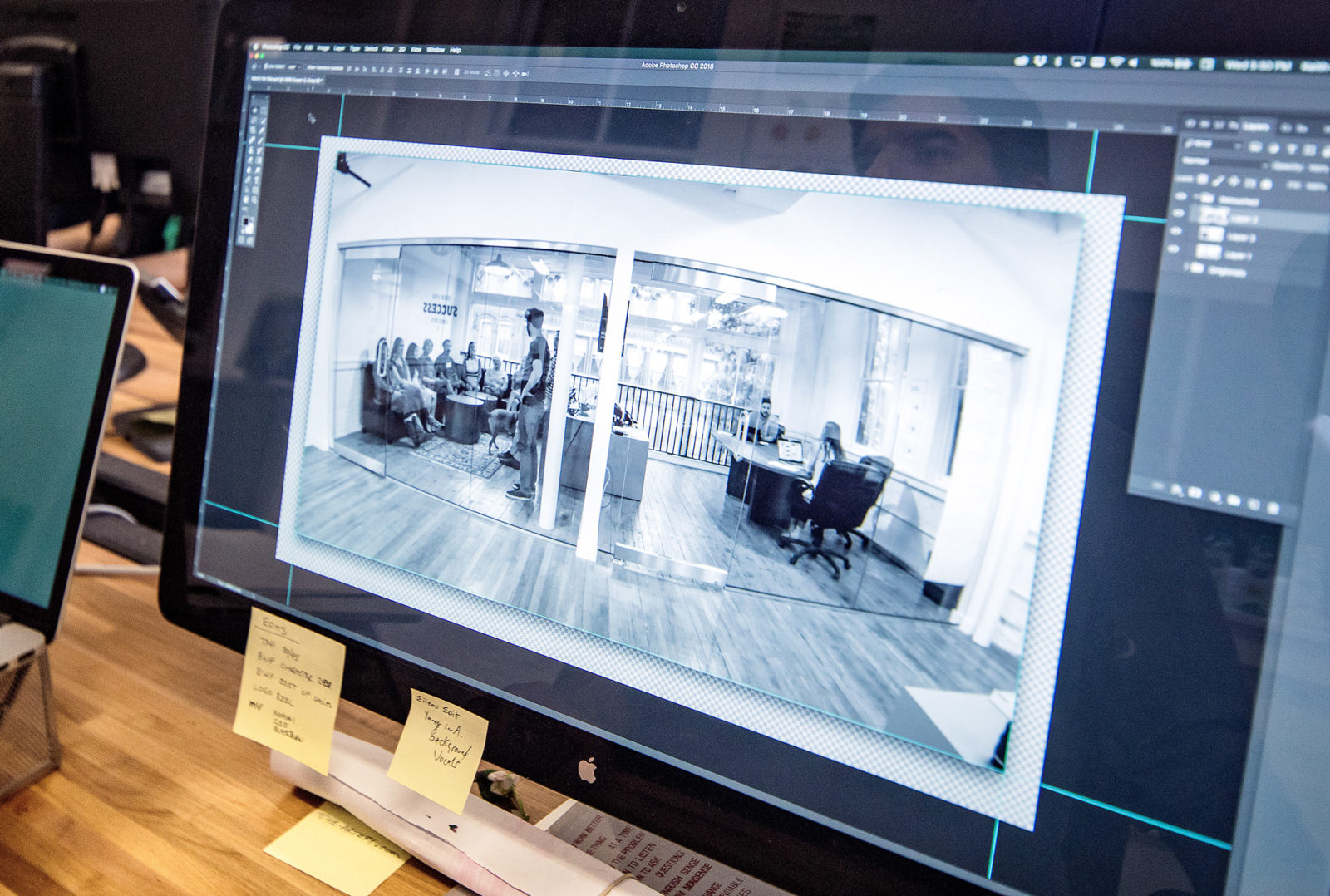A Q&A with John Schroeder, the CEO of Primary.
A Q&A with John Schroeder, the CEO of Primary.
Founded in 1982, Primary began in Marblehead, Mass and moved to its current home in Haverhill over 25 years ago. Specializing in marketing and branding, this 30 person, full-service agency grew by over 30% and has been expanding upon its capabilities since John Schroeder purchased the company from its founder over four years ago. John recognized numerous opportunities for the agency during his time as an employee at Primary. Experience gained from his time as an account executive for two marketing and branding agencies in New York City also helped John focus on growing Primary and working with bigger brands. Since taking the helm, he has been focused on reshaping the business model and preparing for the future - adding 3D visualization, social media management, and strategy, while also enhancing their existing services and broadening the agency’s clientele to brands beyond the real estate market.
“Primary has a great platform to build on and grow.” - John
In the marketing world, your reputation precedes you, and it’s all about your work. So Primary’s been recruiting top talent from the three major cities, Boston, MA, Manchester, NH and Portsmouth, NH. Within four short years, he’s found people with the skills and experience to help him take the agency to the next level.
We recently sat down with John and asked him about his most difficult challenges, what keeps him up at night, and how the Merrimack Valley has helped him transform Primary.









